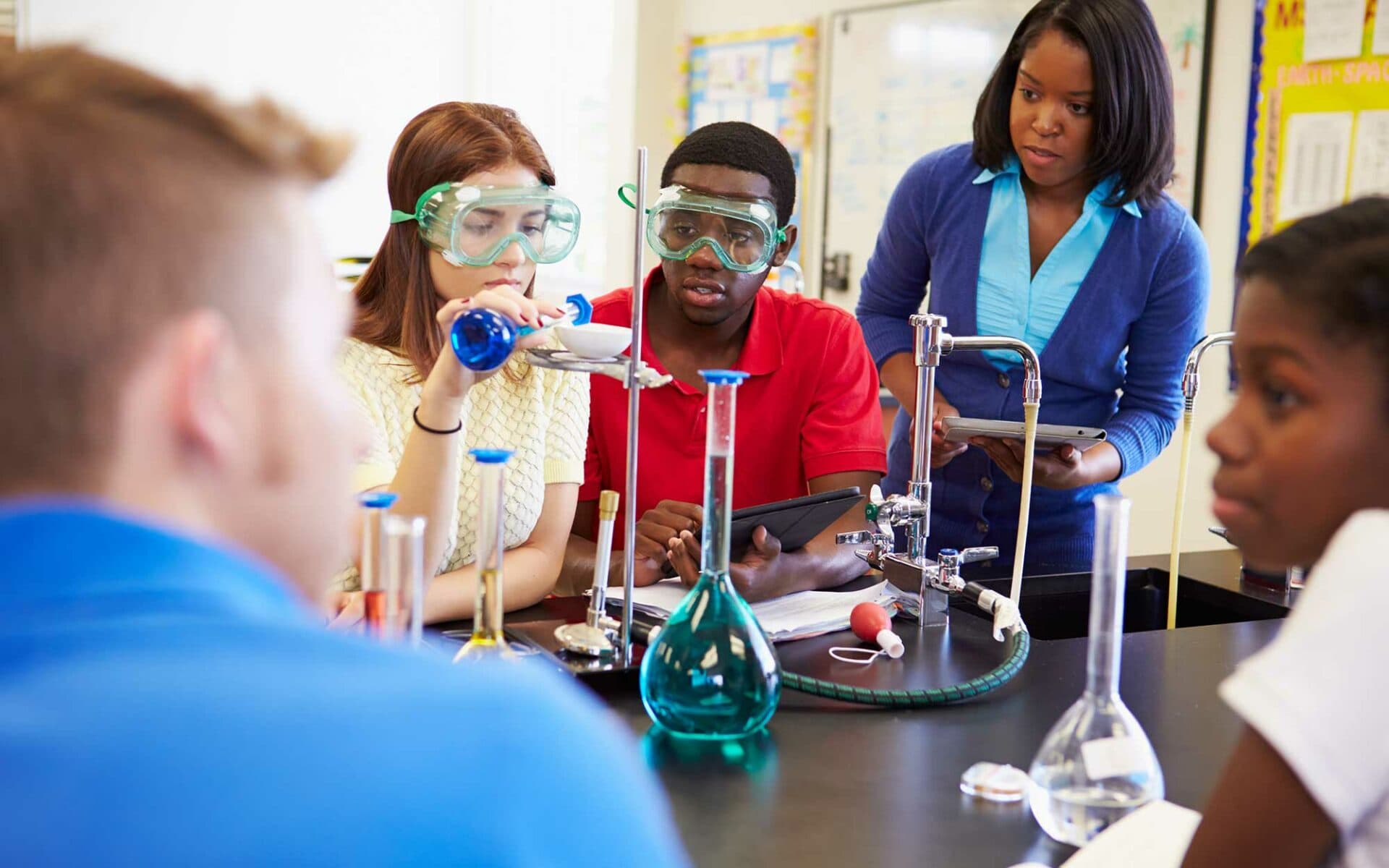– Why we do it –
Science is the study of the observable universe. Not all that God created is observable. Nonetheless, it is vast and seemingly endless. We study science first and foremost to gain a deeper admiration for our Creator. From the tiniest atom to the biggest star, the entire universe declares the glory of God (Psalm 19:1).
When we have a proper understanding of the complexity, interdependence, order, symmetry and beauty of the universe, we can only marvel at God’s handiwork and offer our praise. From the life-permitting properties of water to the complexity of human anatomy to the amazing instincts of animals, God’s world is truly awe-inspiring.
We want our students to be good scientists who carefully observe their surroundings, discover patterns, make hypotheses, test them out, and solve problems. God has raised up many scientifically-minded people throughout history who have blessed humanity with their inventions, discoveries and cures.
– How we teach it –
A major role for a science teacher is to take the natural wonder that children have for the world and ensure it is cultivated throughout their education. Young children are fascinated by the world and eager to learn through their senses. For this reason, we seek to give them not just head knowledge, but experiential knowledge.
Students do things like grow plants, raise caterpillars/butterflies, make fossils, build models of the solar system and watch live footage of baby eagles as they emerge from their eggs, mature and fly from the nest.
We use resources from Bob Jones University Press to guide our instruction. In the younger grades (K-6), the goal is to give students a solid foundation in major scientific fields such as Life Science, Physical Science and Earth/Space Science.
Upon entering seventh grade, students take a deep dive into one scientific branch at a time: Life Science, Physical Science, Earth Science, Biology, Chemistry and Physics. The high school courses include labs where students make hypotheses, conduct experiments and record their findings.
Students also learn about the lives of great scientists and their contributions. In keeping with classical pedagogy, students sharpen their reasoning and communication skills through debates and Socratic seminars that allow them to express their own opinions of how people should act with respect to their environment or in light of new technological advances, all within a biblical framework.
